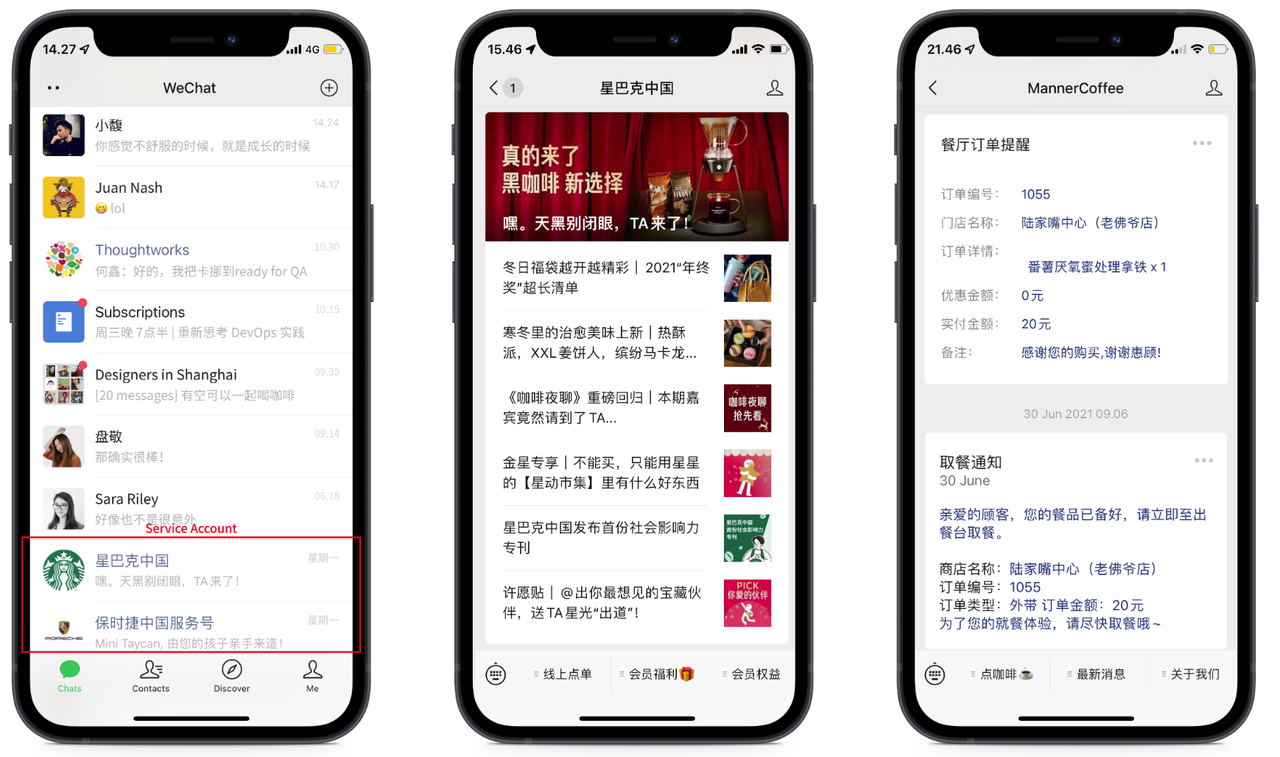Most Popular Chinese B2B Marketing Tactics for 2025
China's business landscape is evolving rapidly. The economy remains strong, but growth rates have tempered, prompting businesses to seek efficiency and explore new markets. This shift has created a surge in demand for world-class technology, services, and solutions.
More importantly, digital transformation has reshaped how Chinese professionals operate. Senior executives who once resisted online collaboration now routinely use WeChat, email, and video conferencing for business. This change has opened the door for international businesses to engage with Chinese B2B buyers in ways that were previously challenging.
For foreign businesses looking to succeed in China’s B2B market, three elements are essential:
A compelling value proposition.
Effective lead generation strategies.
A trust-building approach that resonates with Chinese businesses.
As a social media agency specializing in helping Western businesses break into the Chinese market, Lotus Social Agency has worked with clients across industries, from startups to global corporations. In this guide, we share the top B2B marketing strategies for 2025 that have delivered measurable results.
Understanding Chinese B2B Marketing
Before diving into the tactics, it's crucial to define what we mean by "Chinese B2B marketing":
Chinese Market: While this guide focuses on mainland China, the insights also apply to Chinese-speaking professionals worldwide.
B2B: Our strategies primarily cater to businesses offering technology, professional services, logistics, and software.
Marketing: Effective marketing in China requires generating leads and supporting sales teams through education and trust-building.
Leveraging WeChat for B2B Marketing
WeChat is the backbone of Chinese digital communication. Unlike Western platforms like LinkedIn or email, WeChat serves as an all-in-one ecosystem for messaging, payments, content sharing, and customer engagement.
How to Use WeChat for B2B Marketing:
WeChat Official Accounts: Serve as a primary hub for content marketing, similar to a blog or email newsletter.
Custom Menus: Help followers navigate company information effortlessly.
Direct Communication: Sales teams should connect with leads via personal WeChat accounts to nurture relationships.
WeChat Ads: Now more accessible to B2B brands
Email Marketing: Still Relevant, but Not Primary
Email marketing plays a role in Chinese B2B, but it's not as dominant as in the West. Chinese professionals check email less frequently and often prefer direct communication through WeChat or phone calls.
Best Practices for Email in China:
Use Email for Follow-ups: Always complement email outreach with WeChat or phone reminders.
Localized Lead Forms: Many Chinese companies don’t require email fields in lead generation forms—opt for WeChat IDs or phone numbers instead.
Email Newsletters: A valuable "add-on" but not a core lead generation strategy.
Optimizing Your Website for China
Chinese professionals prefer engaging with content in their native language. A well-translated, locally hosted website significantly increases conversion rates.
Key Website Localization Strategies:
Mandarin & Simplified Chinese: The default for professional communication.
ICP License: Necessary for hosting within China, improving site speed and search visibility.
Mobile Optimization: Over 98% of internet users in China access websites via mobile.
Baidu SEO: Building Visibility in China
Unlike Google, Baidu prioritizes ads and its own platforms (e.g., Baidu Baike). However, SEO remains valuable for establishing brand credibility and driving organic traffic.
Baidu SEO Strategies:
Keyword Optimization: Incorporate Chinese keywords naturally in titles, descriptions, and headers.
Content Syndication: Utilize Baidu Baike, Zhihu, and other third-party platforms to strengthen search presence.
Backlink Building: Harder than on Google but essential for ranking authority.
Baidu Search Advertising: A Must for B2B Lead Generation
Baidu Ads function similarly to Google Ads but require unique optimizations for the Chinese market.
Tips for Baidu SEM Success:
Custom-Built Campaigns: Avoid direct translations of Google Ads—tailor messaging for local audiences.
Pre-Launch Preparation: Baidu ad account approval can take up to two weeks.
Diverse Contact Options: Offer WeChat, QQ, and phone numbers alongside lead forms.
Zhihu: The B2B Content Powerhouse
Zhihu, China’s leading Q&A platform, is a hidden gem for B2B marketing. With a highly educated user base, it’s the perfect place to build thought leadership and answer industry-specific questions. How to use zhihu for B2B?
Engage in Q&A Discussions: Answer industry-related questions with valuable insights.
Publish Long-Form Articles: Establish authority on complex topics.
Leverage Zhihu Ads: Promote high-performing content for better reach.
Bilibili: Video Marketing for Professionals
While primarily known for youth-driven content, Bilibili is gaining traction among professionals seeking in-depth industry insights. How to use Bilibili for B2B?
Repurpose Webinars & Product Demos: Subtitled videos offer cost-effective brand exposure.
Educational Content: Position your company as an industry expert.
Embed Videos on Your Website: Unlike YouTube, Bilibili videos load quickly in China.
Rednote: Unlocking Xiaohongshu for B2B
Xiaohongshu (RedNote) is often associated with B2C marketing, but B2B brands are beginning to explore their potential. Professionals in China increasingly use Xiaohongshu for business-related recommendations. How to use rednote for B2B?
Corporate Case Studies: Showcase successful projects in an engaging, visually-driven format.
Thought Leadership Content: Establish credibility with posts that blend industry expertise with storytelling.
Influencer Collaboration: Partner with key opinion leaders (KOLs) who appeal to professional audiences.
Maximizing Content Distribution
Content marketing in China requires strategic distribution. Once you’ve created high-value content, leverage multiple platforms to expand its reach.
Content Syndication Plan:
Publish on your website (optimized for Baidu SEO).
Share on WeChat Official Account and repurpose for Zhihu.
Adapt into Bilibili videos and Rednote posts.
Promote via WeChat & Baidu Ads for additional traffic.
Winning in China’s B2B Market via social media
Successfully entering the Chinese market requires a localized, multi-channel approach. By integrating WeChat, Baidu SEO, Zhihu, and emerging platforms like Rednote, businesses can effectively reach Chinese decision-makers and build trust.
At Lotus Social Agency, we help global brands navigate the complexities of Chinese B2B marketing with customized strategies that drive results. Ready to expand into China? Get in touch with us !







